A specialist in American history and civilization, Lauric Henneton is a lecturer at the University of Versailles-Saint-Quentin. He is the author of
The American Dream Put to the Test by Donald Trump
(Vendémiaire, 2020) and
Historical Atlas of the United States
(Autrement, 2019).
LE FIGARO. - After the Supreme Court's decision, will all Republican states ban the right to abortion? Conversely, will it be authorized in all Democratic states?
Lauric HENNETON. -
It's more complicated than that.
Democratic states with Republican governors have said they won't touch the current law.
Just because the governor is a Republican doesn't mean the state is too.
There are also two types of republican state.
The former had prepared a so-called “trigger” law upstream and were awaiting the decision of the Supreme Court to automatically ban abortion.
It was done the night after the ruling in a number of states, like Missouri or South Dakota.
Eight states have already banned abortion and more will follow within the month.
Some States could enact laws that would either go in the direction of a total ban, or a rigidification of the conditions of access to abortion.
Some Democratic states, such as California, could also protect the right to abortion.
By the way, it was not banned by the Supreme Court decision, but it must have been transferred.
It's a transfer of sovereignty, a bit like what's happening in Europe, it's as if European states were recovering prerogatives from Brussels.
In 1973, the Supreme Court prohibited states from banning abortion.
Today it gives back to States the capacity to regulate it, in the same way that they have the capacity to regulate elections and education.
Read alsoLauric Henneton: “Trumpism will remain, both as a policy and as a style”
The Supreme Court regularly rules on subjects where there is no federal law, in this case abortion.
States are now free to regulate access to abortion, that is to say to prohibit it, to make it more complicated, easier or to safeguard it, by including it in the Constitution for example.
Can we imagine that democratic states are led by personalities who wish to make access to abortion more complex?
No, I do not think so.
Indeed, the question of abortion becomes, every day a little more, one of the defining criteria of the two camps.
Until 20 or 30 years ago, there were pro-abortion Republicans and Democrats, for example Catholics, who were anti-abortion.
It's all over.
Political polarization has clearly increased and positions are very distinct on a certain number of subjects, and in particular on abortion.
A few Democratic states have a Republican governor, such as Massachusetts.
Similarly, some Republican states have a Democratic governor, such as Kentucky.
This second scenario is rarer.
In Atlanta, which is sprawling, people will decide to live more on one side or more on the other because it's more Republican or Democratic.
Lauric Henneton
However, these Republican governors of Democratic states have said they will not back down on abortion rights precisely because they are in Democratic states.
The ban is pronounced in states that are Republican at all levels of power, where, in reality, abortion is already made very complicated logistically, on the ground.
Only a few places allowed it and the conditions were more and more drastic, in particular concerning the number of weeks after which abortion was no longer authorized.
In some states there has been an outright ban on abortion, but generally it is more a regulation of the number of weeks.
It would be a mistake to say that the 1973 Roe v. Wade decision authorized abortion.
It is necessary to specify: it prohibited the States from prohibiting the abortion in the first two trimesters.
States could legislate on the third quarter, but there was a federal guarantee on the first two quarters.
Can we imagine this becoming a kind of criterion for Democratic executives, or certain politicized people who would choose their place of life according to the states in which they or their children could have an abortion?
This is already the case between States and within States.
It is a form of tribalism.
In France, we speak of archipelization, sometimes of balkanization.
There are already two-way residential strategies.
For example, there are Republican Californians who go to live in Idaho because it's a Republican state, and they don't have a voice in very Democratic California.
Some also go to Texas because it's Republican and the real estate is significantly cheaper.
Conversely, Democrats will go to Democratic states.
Read alsoAbortion: what the Supreme Court of the United States really said
The problem is that employment is more in the “sunbelt” which is often made up of Republican states.
But Texas, for example, is a Republican state with large, very Democratic city blocks.
Austin, for example, is a very left-wing and very “gay friendly” city.
Charleston in South Carolina, which is paradoxically a very Republican state even though there are a lot of blacks, is a kind of blue island in a red ocean.
There are a number of strategies that vary, from choosing the neighborhood to choosing the city.
In Atlanta, which is sprawling, people will decide to live more on one side or more on the other because it's more Republican or Democratic.
Sometimes employment strategies trump societal issues.
In Republican states,
a number of large corporations have said they will fund affected employees to move to a state that allows abortion.
There are a number of forms of accommodation at the corporate level.
I have yet to hear many large corporations threaten to pull their headquarters, as we saw when North Carolina enacted an anti-trans law.
There had been an outcry, Apple and Google had said they were withdrawing their offices… The economic retaliation measures were the other side of the political showdown.
Is there a balance of power, a distortion, even within states between the strategy of a company and the governor?
Yes, because governors are re-elected essentially on their economic record.
They agitate societal issues to mobilize voters and show that they are on the right side of the ideological handle, but they will first highlight during election campaigns their economic record, that is to say a very advantageous tax system for companies.
There was a whole relocation.
We talk about the decline of the rustbelt in the northeast of the United States, towards China and Mexico, but there has also been a whole relocation from the North to the States of the South.
The southern states had very strong anti-union legislation, which made it possible to pay workers significantly less.
It is part of a strategy of Republican governors and Republican chambers to be very attractive,
especially for large groups, to have tax revenue and economic attractiveness.
So if they get a "backlash" from these big bands always willing to display progressive values, it's bad press.
This would necessarily affect their economic balance sheets.
Economic and societal issues are therefore linked and can make sparks, but for the moment, in this case, I have not seen anything in this direction.
The judges take refuge behind the argument of law, but we know that they have had a very clear ideological agenda for a long time.
Lauric Henneton
Another point often raised is that the justices of the Supreme Court have ruled against the opinion of the opinion.
Opinion is overwhelmingly in favor of abortion.
The judges said that their job was not to follow opinion, but to state the law.
However, stating the law, as we see with each decision of the Supreme Court, is very subjective.
It should be remembered that when Badinter and Mitterrand abolished the death penalty in 1981, public opinion was in favor of the death penalty.
Opinion has since changed.
Opinion will not necessarily change on abortion, but it shows that there are a number of cases where the law goes against opinion and that is not a problem.
In this case, the judges take refuge behind the argument of law, but we know that
But all this is not new.
Evangelicals and conservative Catholics had been very disappointed with Ronald Reagan's dual mandate, because they had had nothing on this subject.
Already at the time, they had elected Reagan because they thought he was going to reconsider abortion and put back the obligation of prayer in schools.
They pushed for all the 90s, 2000s…but got nothing.
Trump understood the electoral stake and gave them 200 justices in all in the Supreme Court, the courts of appeals and the internal courts.
Trump has nothing to do with abortion, he is more for it, but he has understood that it is in his interest to go in this direction.
It is a very long term strategy.

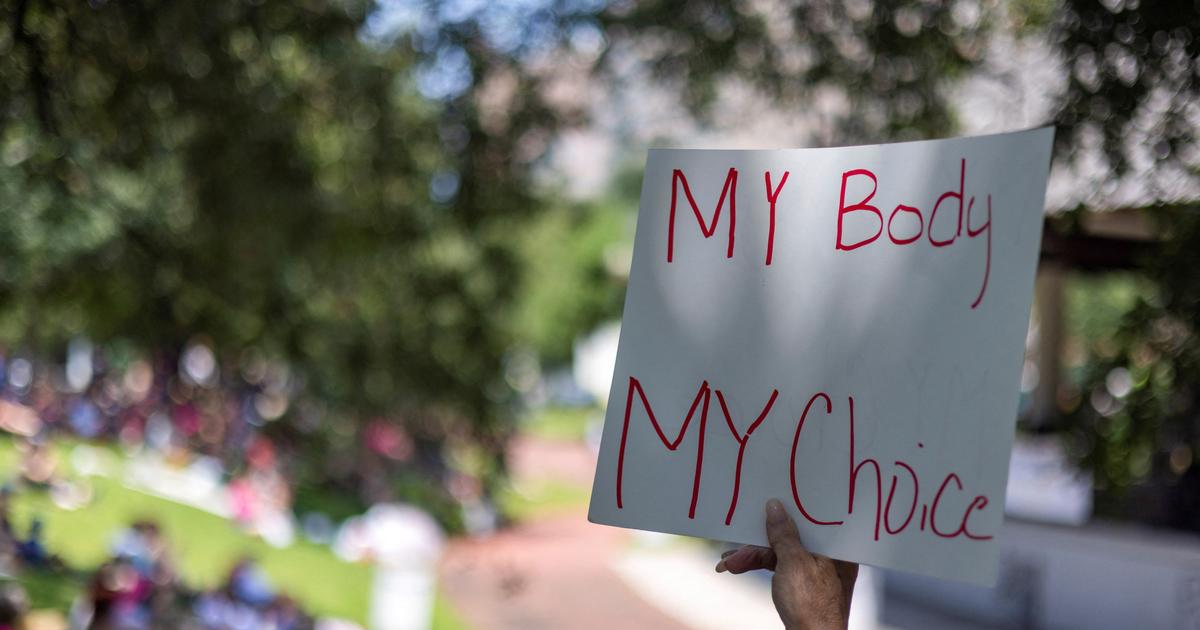
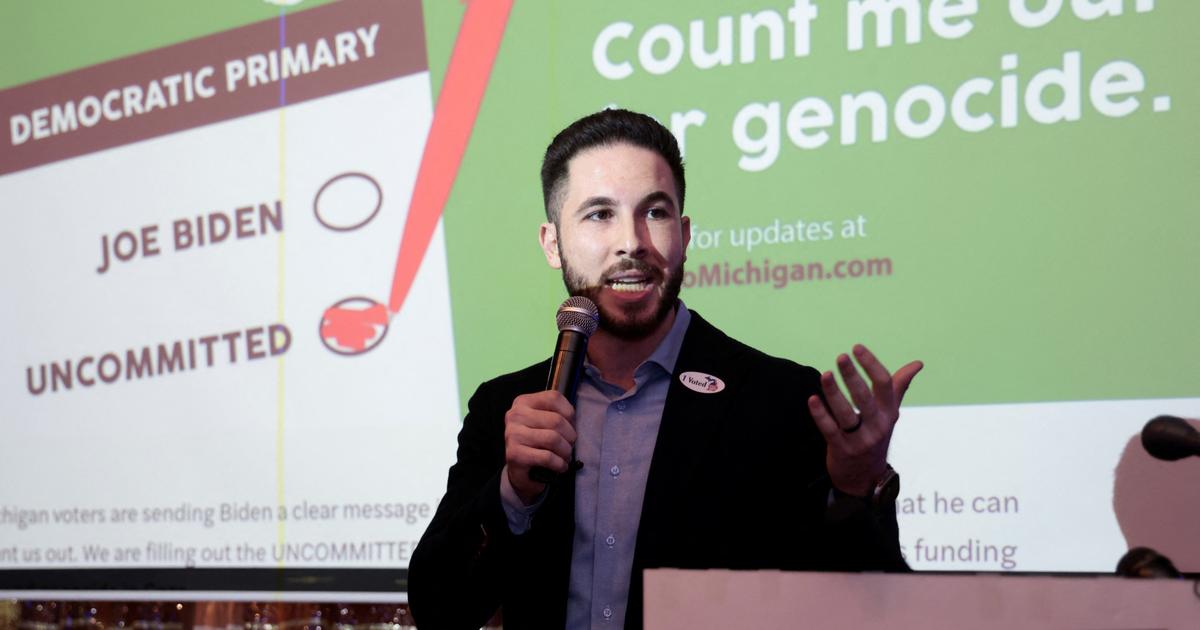
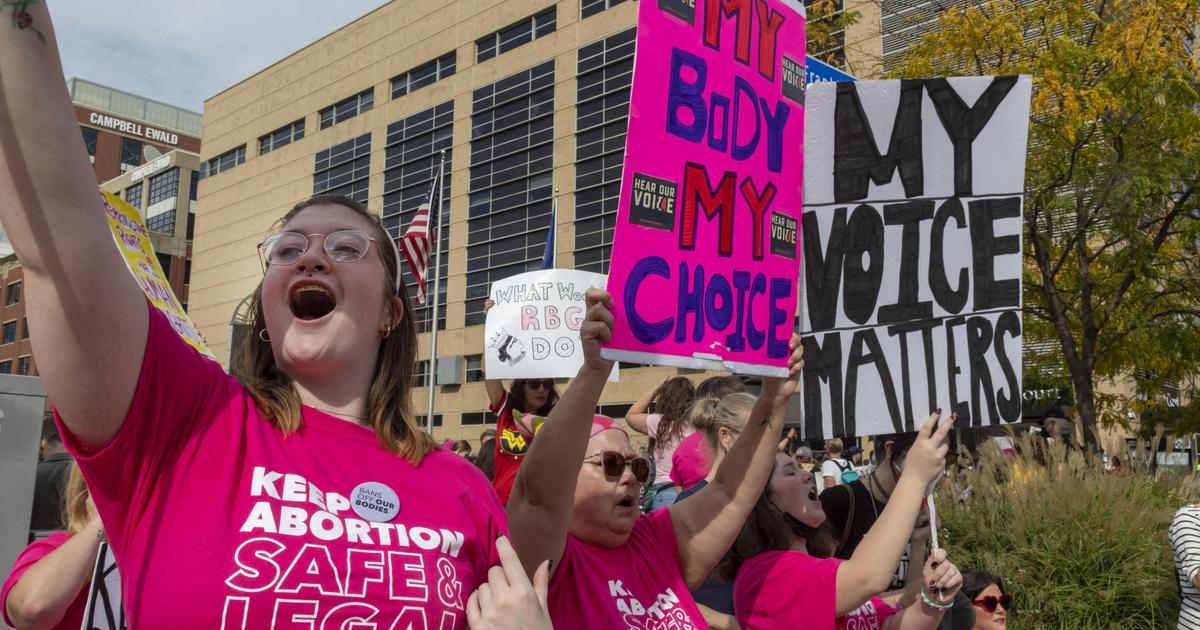


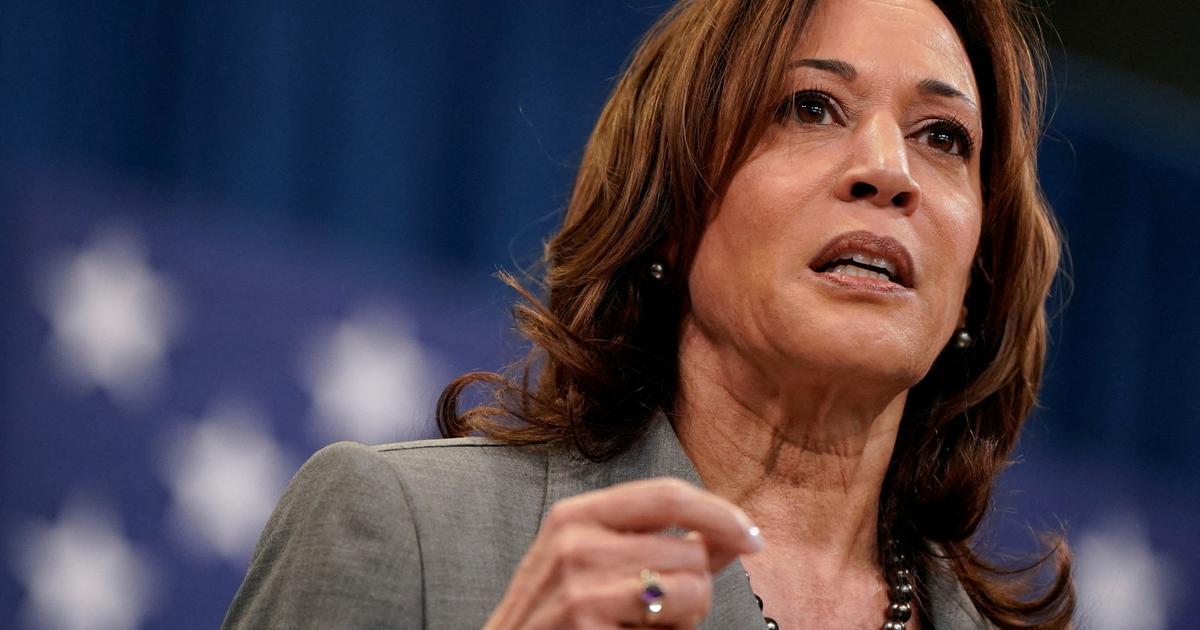

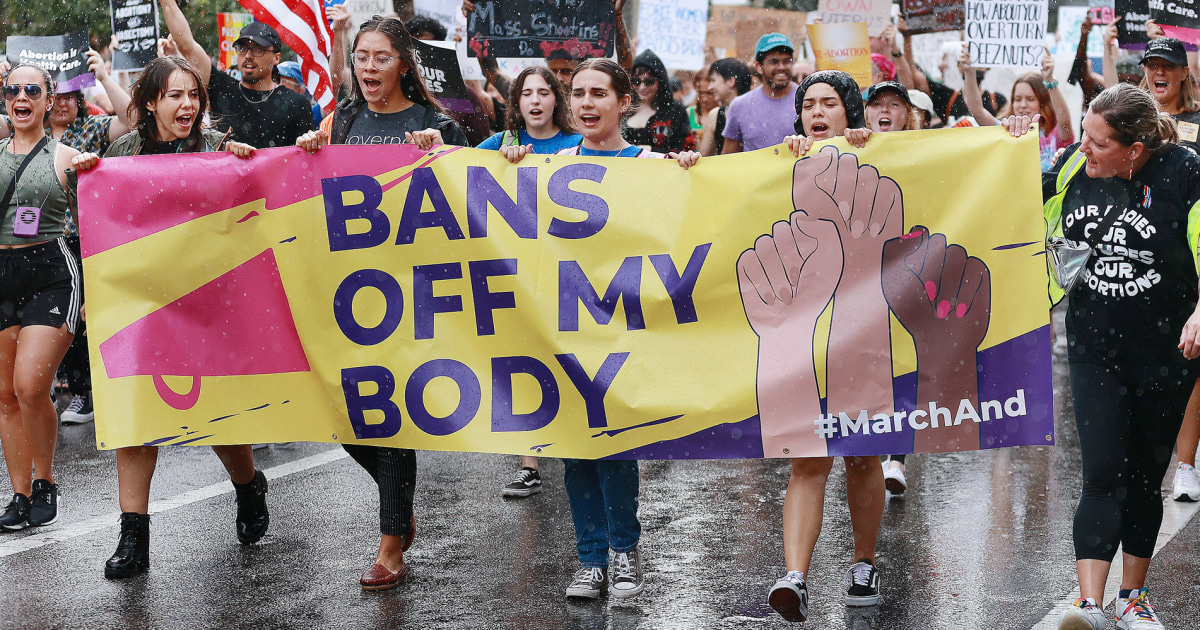




/cloudfront-eu-central-1.images.arcpublishing.com/prisa/KMEYMJKESBAZBE4MRBAM4TGHIQ.jpg)

